C.M. Rubin’s Global Education Report
Biased algorithms are everywhere, so at a critical moment in the evolution of machine learning and AI, why aren’t we talking about the societal issues this poses? Ralph Müller-Eiselt is an expert in education policy and governance and heads the Bertelsmann Foundation’s taskforce on policy challenges and opportunities in a digitalized world. He joined us in The Global Search for Education this month to talk about AI, algorithms and what we should all be thinking about. “Algorithms are as biased as the humans who designed or commissioned them with a certain intention,” he says, and believes “an open debate about the goals of software systems with social impact” is urgently needed. How does he see algorithms and AI adapting to the evolving education systems? Müller-Eiselt notes that while AI and Algorithms are in the early stages of impacting education systems, policy makers should not “await these things to happen and react afterwards, but actively shape regulation now towards sustaining the public good.” It’s up to humans to decide whether AI in education will be a “catalyst for strengthening social equity – or for weakening it.”
Also this month, The Global Search for Education asked Millennials around the world to share their New Year resolutions for 2018. “In an age of bombast and insular xenophobia, I resolve to remember the one thing linking me with every other human: existence,” wrote Jacob Navarette. “To be patient with those I meet, to assume they have good intentions, and to offer each person I meet the brilliant, extraordinary gift of being human.” On route to Prague, Alison Rao wants to be open to learning as much as she can about her new destination and hopes to come back with “a lot of new knowledge” that will help her “grow into a better person.” Bonnie Chiu says “challenging gender and cultural stereotypes” and “sharing the best practices from her entrepreneurial journey” are on her to do list.
The Global Search for Education welcomed Brahm Fleisch, Professor of Education Policy at the University of the Witwatersrand, Johannesburg, who believes that globalization is an opportunity to learn from each other by exploring innovative learning approaches bridging the North-South divide. Fleisch’s work is featured in a new book, Future Directions of Educational Change (edited by Helen Janc Malone, Santiago Rincón-Gallardo, and Kristin Kew; Routledge, 2018), which brings together timely discussions on social justice, professional capital, and systems change from some of the leading global scholars in the field of education. “The emerging evidence from the Global South, says Fleisch, is that “combined and structured intervention programs need to focus on early grade learning, particularly in areas of literacy in local languages and second language.” Education research has centered historically on high performing systems in North America and Europe as well as South East Asia. Fleisch discusses the “emergence of a new knowledge base” from the Global South based on research that illustrates what’s working “in resource-constrained contexts with limited professional capital.”
(Photos are courtesy of CMRubinWorld)
C. M. Rubin
Join me and globally renowned thought leaders including Sir Michael Barber (UK), Dr. Michael Block (U.S.), Dr. Leon Botstein (U.S.), Professor Clay Christensen (U.S.), Dr. Linda Darling-Hammond (U.S.), Dr. MadhavChavan (India), Charles Fadel (U.S.), Professor Michael Fullan (Canada), Professor Howard Gardner (U.S.), Professor Andy Hargreaves (U.S.), Professor Yvonne Hellman (The Netherlands), Professor Kristin Helstad (Norway), Jean Hendrickson (U.S.), Professor Rose Hipkins (New Zealand), Professor Cornelia Hoogland (Canada), Honourable Jeff Johnson (Canada), Mme. Chantal Kaufmann (Belgium), Dr. EijaKauppinen (Finland), State Secretary TapioKosunen (Finland), Professor Dominique Lafontaine (Belgium), Professor Hugh Lauder (UK), Lord Ken Macdonald (UK), Professor Geoff Masters (Australia), Professor Barry McGaw (Australia), Shiv Nadar (India), Professor R. Natarajan (India), Dr. Pak Tee Ng (Singapore), Dr. Denise Pope (US), Sridhar Rajagopalan (India), Dr. Diane Ravitch (U.S.), Richard Wilson Riley (U.S.), Sir Ken Robinson (UK), Professor Pasi Sahlberg (Finland), Professor Manabu Sato (Japan), Andreas Schleicher (PISA, OECD), Dr. Anthony Seldon (UK), Dr. David Shaffer (U.S.), Dr. Kirsten Sivesind (Norway), Chancellor Stephen Spahn (U.S.), Yves Theze (LyceeFrancais U.S.), Professor Charles Ungerleider (Canada), Professor Tony Wagner (U.S.), Sir David Watson (UK), Professor Dylan Wiliam (UK), Dr. Mark Wormald (UK), Professor Theo Wubbels (The Netherlands), Professor Michael Young (UK), and Professor Minxuan Zhang (China) as they explore the big picture education questions that all nations face today.
The Global Search for Education Community Page
C. M. Rubin is the author of two widely read online series for which she received a 2011 Upton Sinclair award, “The Global Search for Education” and “How Will We Read?” She is also the author of three bestselling books, including The Real Alice in Wonderland, is the publisher of CMRubinWorld and is a Disruptor Foundation Fellow.
Follow C. M. Rubin on Twitter: www.twitter.com/@cmrubinworld

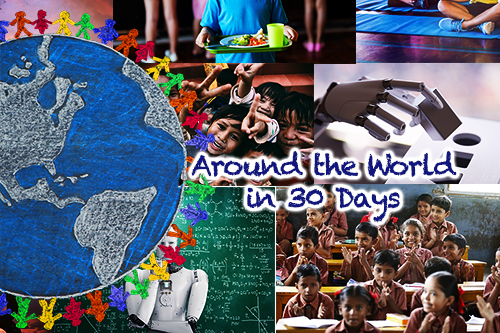
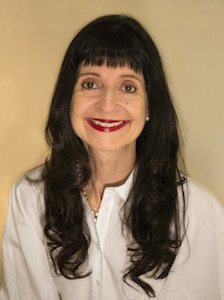
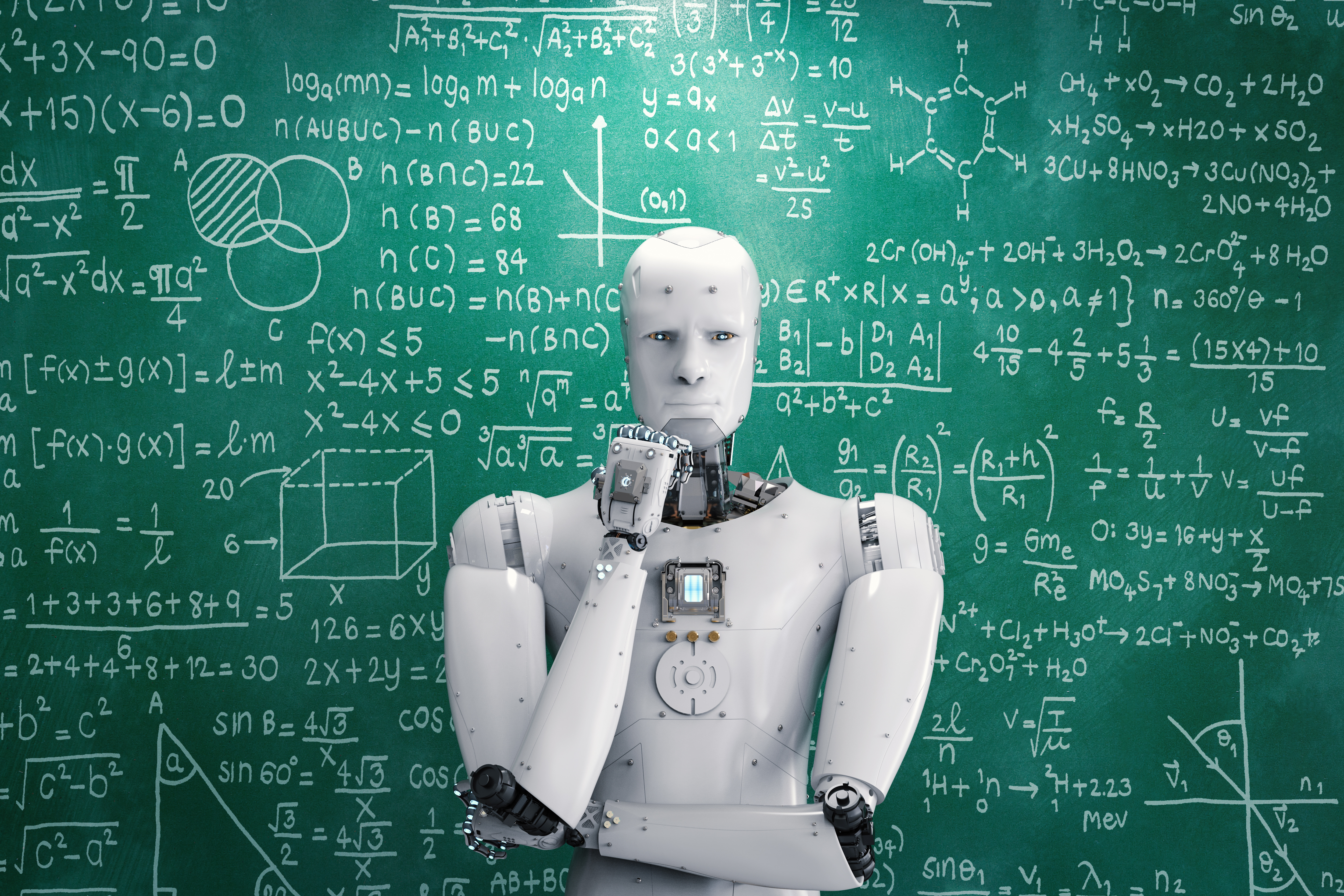
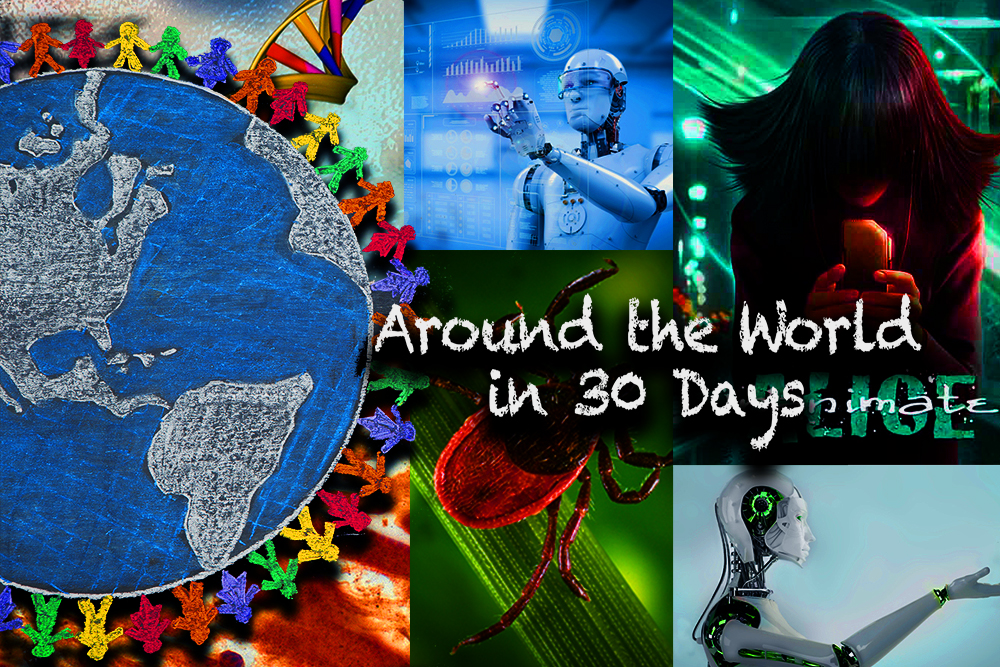
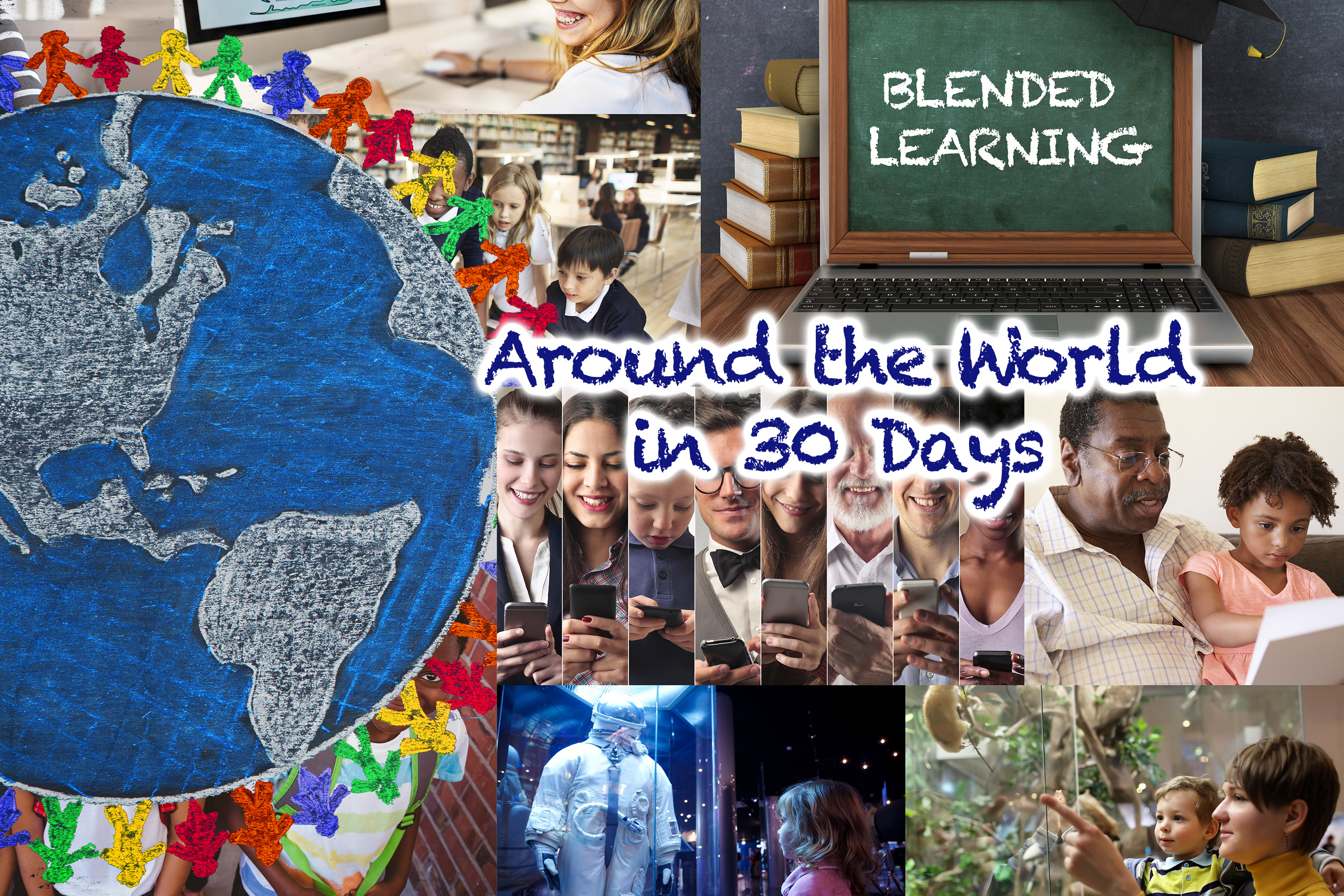

Recent Comments